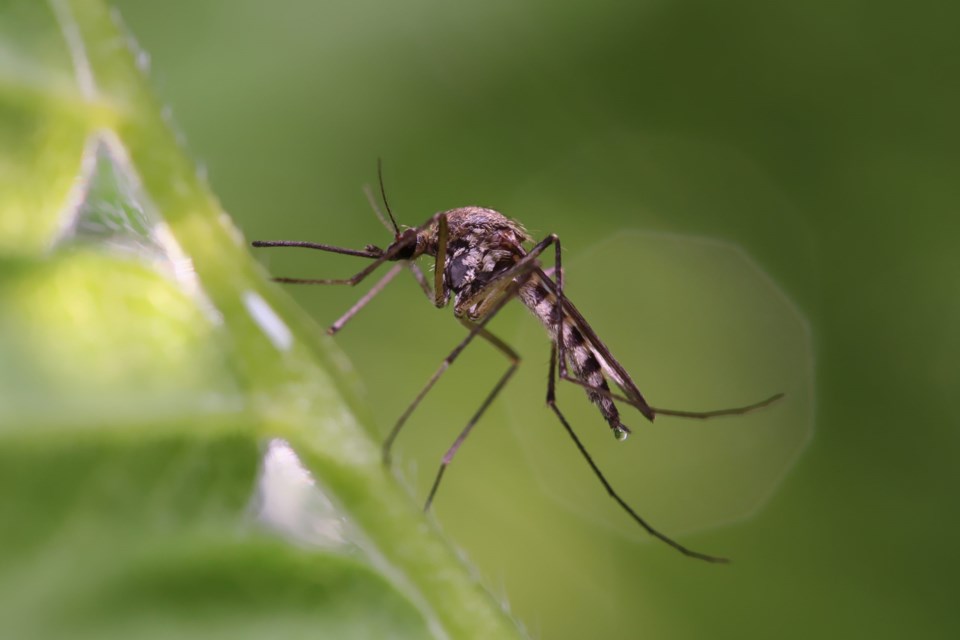Summer in Texas means longer days, warmer nights and plenty of mosquito bites. In North Texas, cities are already ramping up mosquito monitoring programs in preparation for peak season. But while most people think of mosquitoes as little more than a nuisance, experts say they pose real public health risks.
Texas Tops the Charts
Texas is one of the most mosquito-infested states in the U.S., according to Terminix’s national report. Dallas-Fort Worth ranks second in the country for mosquito activity, just behind Los Angeles and ahead of New York and Atlanta. The region’s warm weather, high humidity and abundance of standing water make it an ideal breeding ground for mosquito species like Aedes and Culex, which are known to carry diseases.
“Mosquitoes aren't just a backyard nuisance — they can also carry diseases that pose real public health risks,” said Dr. Sydney Crawley, principal vector scientist at Terminix, in an official statement. “Our annual rankings help raise awareness and encourage people to take proactive steps to protect themselves.”
How Frisco Is Responding
In Frisco, the Health and Food Safety Division began weekly mosquito testing on May 1. The program will continue through November 15, focusing on West Nile Virus (WNV), the most common mosquito-borne disease in the U.S.
According to an official statement, a third-party contractor monitors 19 mosquito traps throughout the city. Samples are tested weekly by entomologists. If a sample tests positive for WNV, targeted spraying begins.
“The primary objective of mosquito control is to decrease the risk of mosquito-borne human diseases, not the abundance of mosquitoes,” said Jazalyn Harp, environmental health manager. Frisco also applies larvicide to stagnant water on city-owned property to prevent mosquito breeding before they hatch.
Why Timing Matters
Harp explained that Frisco doesn’t spray unless a positive WNV result is confirmed. “Spraying too soon can lead to mosquitoes developing a resistance to the treatment.” The city’s science-based approach allows them to target disease-transmitting mosquitoes instead of nuisance biters.
What You Can Do
Experts stress that prevention starts at home. “As little as a cap full of water is enough,” said Jem Wang, senior environmental health technician in Frisco. Common mosquito breeding sites include birdbaths, clogged gutters, kiddie pools and the saucers beneath potted plants.
To help residents reduce risk, both the Centers for Disease Control and Prevention (CDC) and Texas Department of State Health Services recommend following the "Four Ds":
- Dress: Wear long sleeves and pants, especially at dawn and dusk
- Defend: Use insect repellents containing DEET, picaridin or oil of lemon eucalyptus
- Drain: Eliminate standing water around your home
- Dusk/Daytime: Stay protected any time you're outside
Know the Risks
While not all mosquitoes carry disease, those that do can transmit serious illnesses like West Nile Virus. Most people infected with WNV don’t show symptoms, but around 1 in 150 may develop severe illness. Symptoms include high fever, stiff neck, tremors, disorientation or seizures. Anyone experiencing these symptoms should seek immediate medical attention.
Staying Ahead
With Dallas-Fort Worth sitting high on the national mosquito list, public health officials and residents alike have a role to play. Professional mosquito control services and local authorities can help, but so can keeping gutters clear and dumping out standing water.
Many cities provide updated mosquito trap maps and test results throughout the season. For more details and prevention tips, visit your city’s official website. Additional resources are available through the Texas Department of State Health Services and the CDC.
Don’t let mosquitoes ruin your summer. Stay covered, stay dry and don’t forget the bug spray.
Don't miss anything Local. Sign up for our free newsletter.




